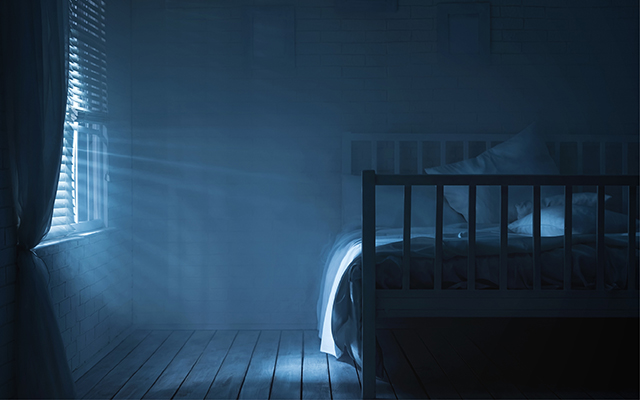I’m certainly no expert on brain science, but I can spot a vexing neurological paradox a mile away. So I couldn’t help but notice a recent University of Oxford report suggesting that the same molecular process that produces a good night’s sleep also happens to gradually kill us.
It’s all about oxidative stress, explains study leader Gero Miesenböck, MD, director of Oxford’s Centre for Neural Circuits and Behavior. “This is believed to be a cause of aging and a culprit for the degenerative diseases that blight our later years,” he says. “Our new research shows that oxidative stress also activates the neurons that control whether we go to sleep.”
Working with fruit flies, Miesenböck’s team had previously identified a set of neurons that controls the sleep impulse. When those neurons are stimulated, the flies sleep; when they’re quiet, the flies are awake. But researchers wanted to know why we sleep — what flips the neuronal on-off switch.
So they began searching for the signals that stimulate those neurons. “We knew from our earlier work that a main difference between sleep and waking is how much electrical current flows through two ion channels, called Shaker and Sandman,” notes Seoho Song, PhD, one of two lead study authors. “During sleep, most of the current goes through Shaker.”
And nestled inside of the Shaker channel is a small molecule known as NADPH, which regulates the current. When oxidative stress cripples NADPH, it flips the sleep switch, and we’re induced to snooze.
Miesenböck sees this as a potential boon for insomniacs, who often rely on medications that produce harmful side effects. A sleeping pill that would simply trigger the NADPH mechanism would put them out without the threat of confusion, forgetfulness, and addiction when they awaken.
Restorative sleep, of course, is a key antiaging strategy; I’ve often considered my ability to snooze through minor earthquakes as a hedge against an early demise. But if the oxidative stress that Miesenböck argues makes my blissful slumber possible is simultaneously mowing down healthy cells, maybe I could benefit from an occasional bout of insomnia.
But this produces yet another paradox: Sleeplessness makes me irritable, which makes My Lovely Wife unhappy, which a new study tells me is a ticket to an early grave.
So the paradoxes, it seems, are not so paradoxical after all. If I’ve learned one thing after 42 years with MLW it’s that a little equanimity goes a long way, so I’ll continue to pursue a good night’s sleep — regardless of the cellular damage involved. And maybe take a break from reading about brain studies. Ignorance, as they say, is bliss.




This Post Has 0 Comments